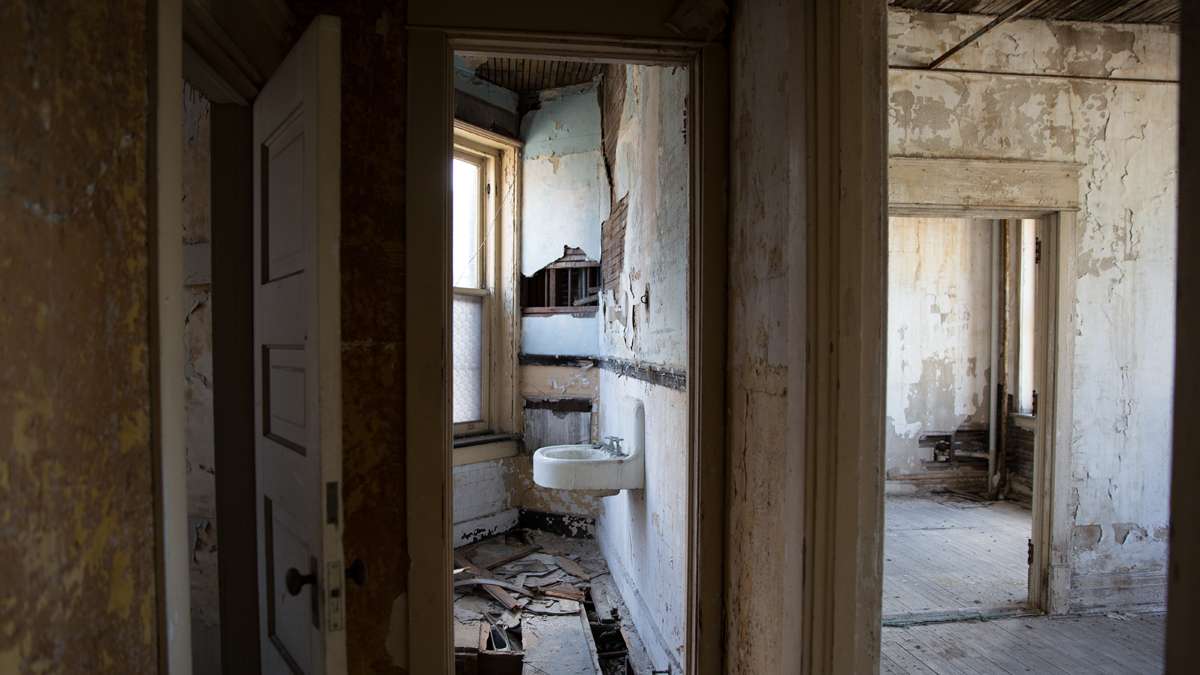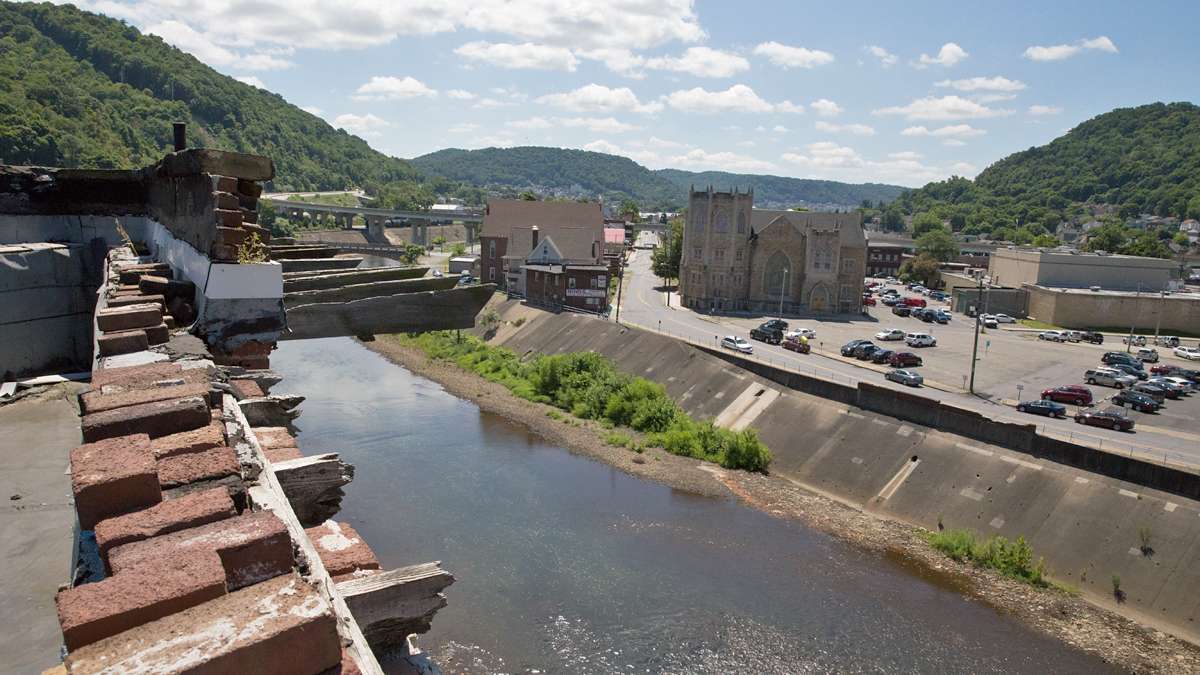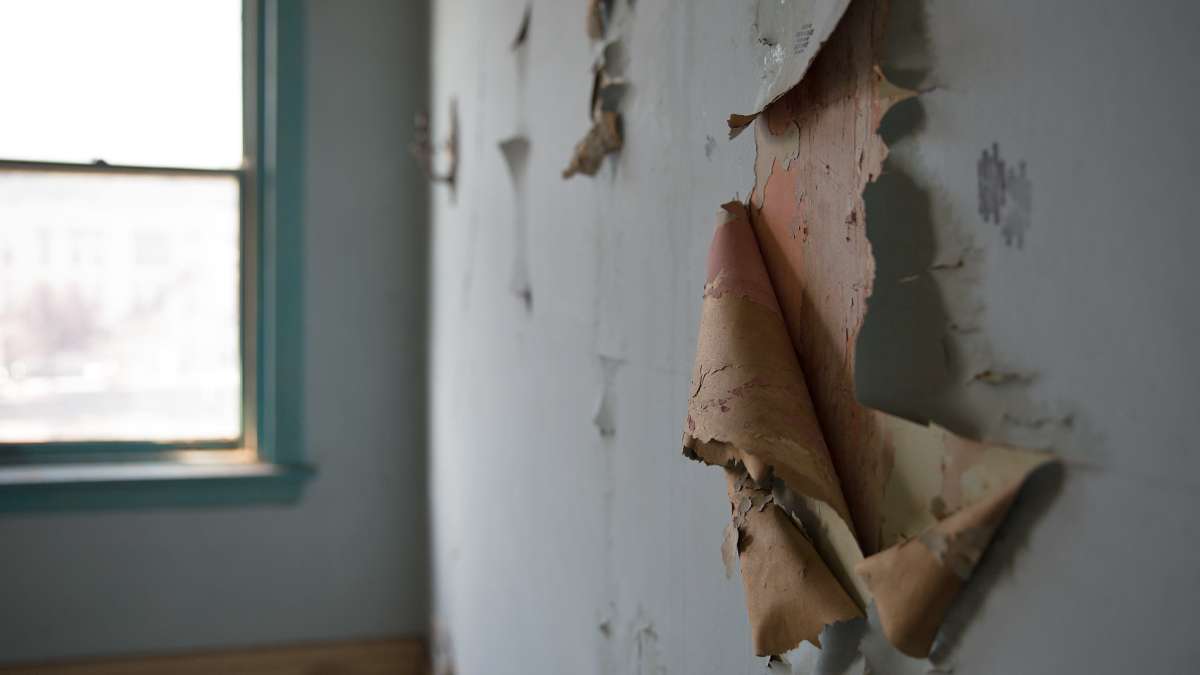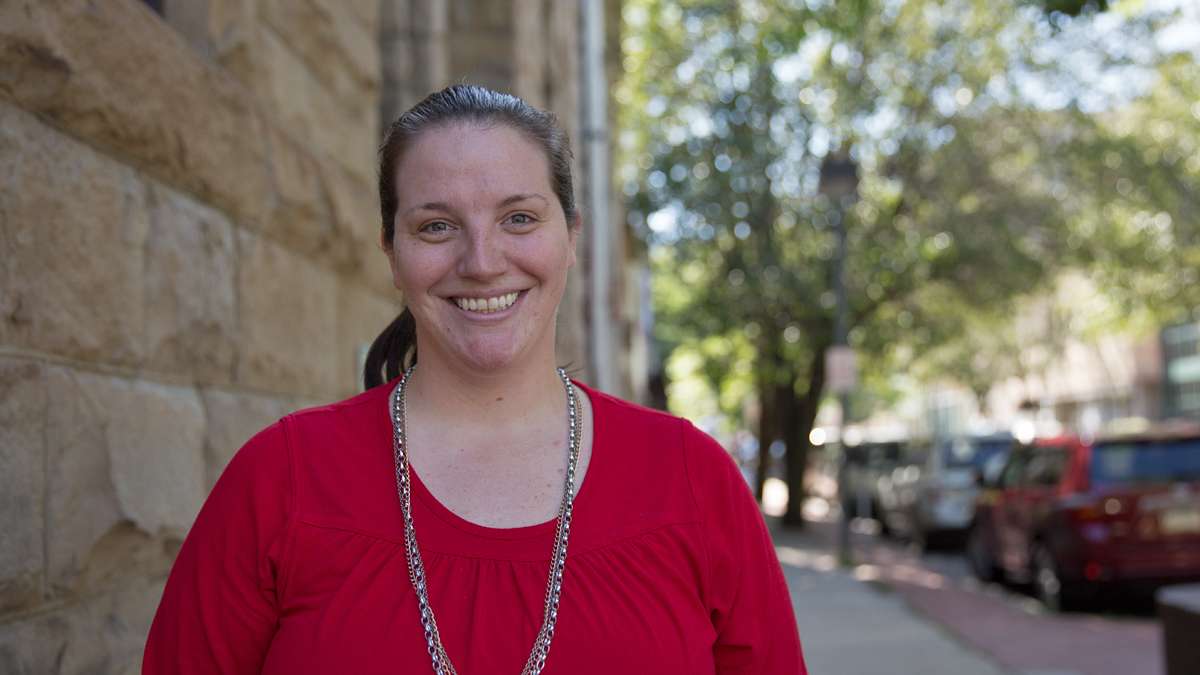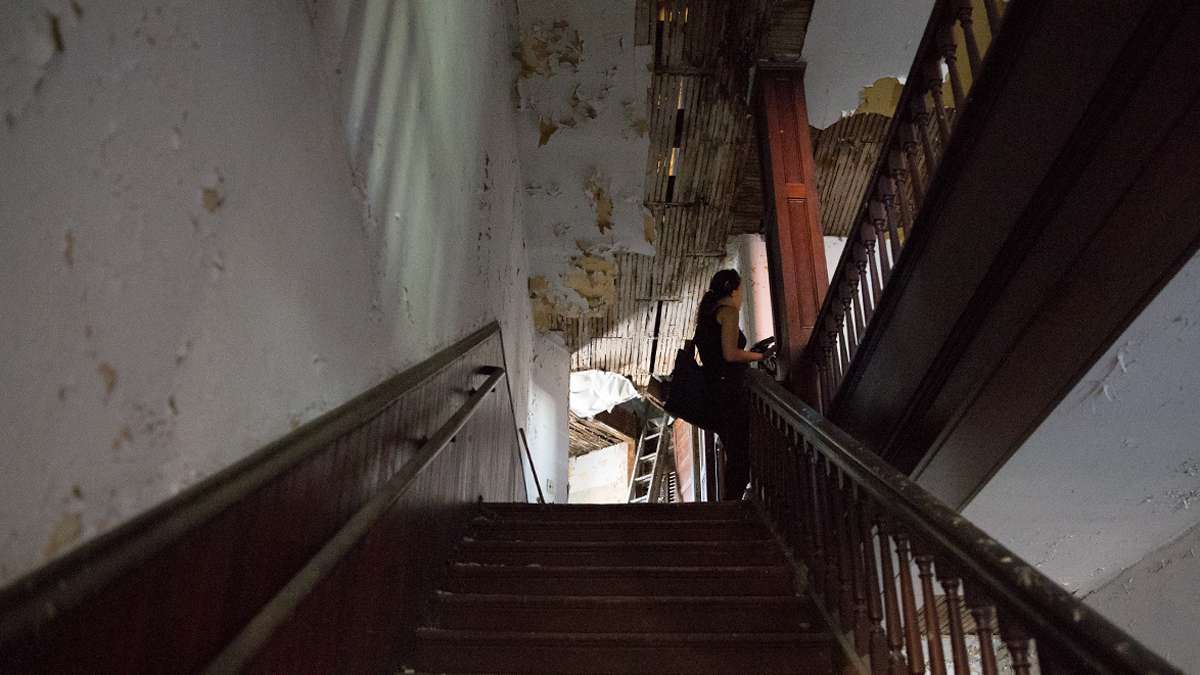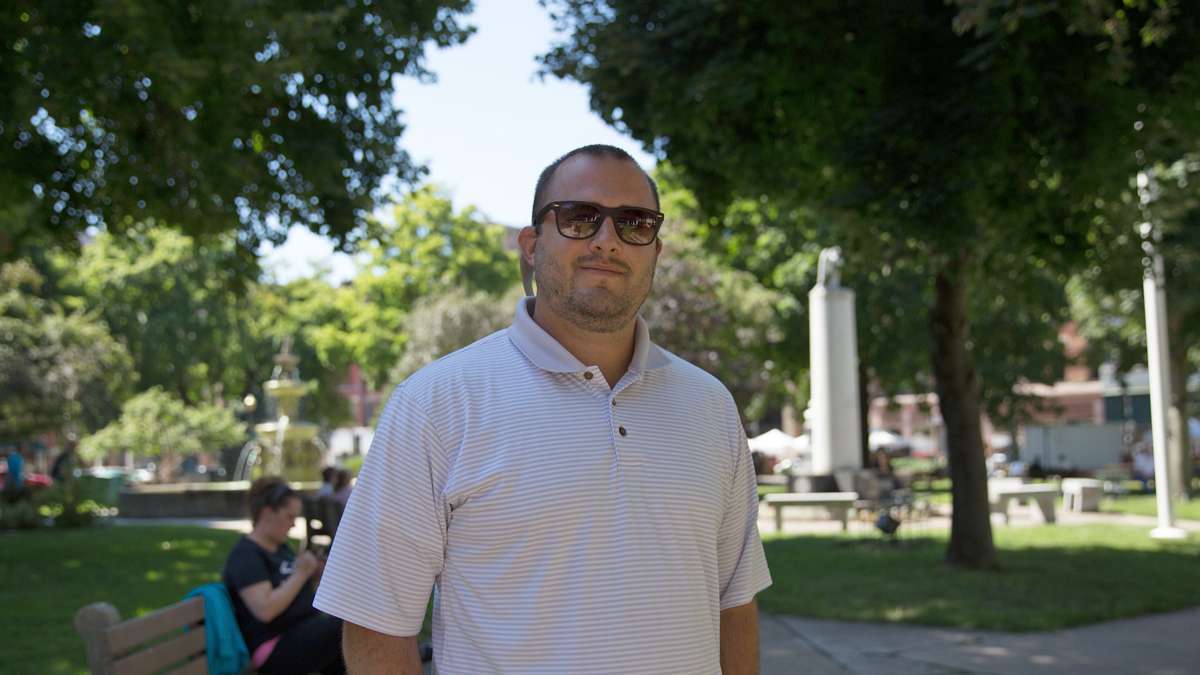Instead of stack chasing, Johnstown bets on quality of life initiatives to drive economic development
ListenEconomic development professionals have often focused on stack chasing as a way to create jobs. Johnstown is taking a different approach.
When the lush, green curves of Route 403 give way to the expansive brick buildings of Johnstown’s steel mills, innovative economic development is not the first thing that comes to mind. The city’s landscape is industrial, full of cement, and accented generously with blight. Its population sits at about 20,000, down from a high of around 70,000. The last time it was this low was in 1890, and people continue to leave.
Jeremy Kosmac left a decade ago to pursue a career in law enforcement. “Most people that I went to school with who pursued higher education like myself, went to college, and once they finished college sought opportunities elsewhere,” said Kosmac, who now lives in Pittsburgh. “Absent a large blue-collar manufacturing type job, I don’t know what’s going to revitalize or stimulate the economy there,” he said.
Kosmac’s is a common sentiment. Economic development in communities large and small has often focused on stack chasing, the practice of trying to attract large companies to town. Yet the city’s master plan says that going after old-style manufacturing jobs is not the way forward.
Instead, the plan lays out strategies for creating a vibrant, exciting place where young people want to live. If that happens, the plan argues, well-paying jobs will be easier to attract. The plan says the city should focus on these steps: Train workers for high-tech industries. Develop a sense of place and quality of life. Foster a culture of innovation. Market Johnstown to educated people looking for a place to put down roots.
It’s a strategy similar to one former Pennsylvania steel towns like Phoenixville and Bethlehem have tried with some encouraging results. And Johnstown’s Department of Community and Economic Development has heeded the call.
Pivoting towards the new economy
Standing in front of The Conrad building on the bank of the Stonycreek River, Josh Summits, with the economic development office, points to where sections of the façade are falling into the low water. The brick flatiron built in 1908 used to house a pharmacy and nice apartments, but now it’s like the city itself: battered and blighted. Inside, it’s an urban decay explorer’s dream: ornate original woodwork on the grand staircase, tall, 12-foot ceilings, old drywall sliding off the walls, peeling paint and wallpaper layered like tree rings, and falling plaster. Pigeon droppings litter the floor and climbing a rickety, wooden ladder to access the rooftop, Summits encounters hornets.
On the rooftop, though, there’s views of the city, with a newly built tech building in direct sight, and the river just below. Money’s still an issue, but if everything happens as planned, this shaky roof will one day be home to a rooftop restaurant, reached by a chic glass elevator. Johnstown doesn’t have a rooftop anything now. The Conrad will also house shared office space and conference rooms, and will be the new home of a local business college, with a program in app development.
Summits and Renee Daly, the city’s economic development director, said they see the project as a tipping point for the city. If they can pull it off, they said, it will signal both a real and metaphorical pivot to a new kind of Johnstown. Daly said she wants “to show the city that we do have investment coming in, people are interested to stay here and to be here and to kind of move forward with what the old Johnstown used to be, to show, hey, app development, I mean how much more in technology can you be right now than with apps?”
The department has also slowed traffic on the Route 56 bypass at the city entrance to encourage people to visit Main Street. It reopened access to the city’s rivers, to allow water recreation like kayaking. Summits has doled out loans for budding businesses. Over a dozen have opened in the central business district in the past two years.
One of them is Press Bistro, owned by Jeremy Shearer. “If all the right things happen, which is always kind of the gray matter in the box, but if all the right things happen I think there’s an opportunity here in Johnstown to kind of step up out of the doom and gloom that it’s been in for the last couple of decades here,” Shearer said.
Shearer isn’t from Johnstown, which he said might account for his optimism. His wife is, though, and they researched the market there before deciding to invest. He said their market research didn’t scream ‘Opportunity!’ but they bought in anyway, and today he sees growing energy among the small group of like-minded young entrepreneurs in the city.
“I’ve lived in other cities that have recreated themselves, and I’ve seen other cities that recreated themselves, it really can happen, it just takes a group effort,” he said.
For Shearer, contributing to the community and making money with his new business are co-equal goals in Johnstown. This line of thinking, that quality of life amenities should be on a par with job options as a civic goal, is gaining advocates among economic development professionals.
Jobs, jobs, jobs
Not everyone is singing from that hymnal, though. For Monsignor Raymond Balta, a local priest who also happens to chair the Johnstown Redevelopment Authority, “quality of life begins with a paycheck.” Balta organizes local cultural events and entertainment, working on quality-of-life issues himself, but he insisted that “if you can’t afford to buy the kayak, don’t tell me how nice the river will be.”
He’s not a big fan of the bypass project or other initiatives that cost big money and have no jobs to show for it. He wants to open a water treatment plant to treat fracking water from Marcellus Shale wells. So far, its designated building sits empty.
Daly, with the city, said she knows jobs are important. She said her department is now starting phase two of the city’s master plan: marketing the city, with its growing list of amenities, to attract new businesses. “Everybody thinks we need to focus on jobs and I agree and I think the entire city staff agrees that that’s what we need to do but we need to bring a particular set of jobs,” she said.
She wants that to include specialized manufacturing jobs, as well as health, biotech, and tech sector companies. Those jobs could make Johnstown flourish once more, but the necessary workforce will want more than just a job.
WHYY is your source for fact-based, in-depth journalism and information. As a nonprofit organization, we rely on financial support from readers like you. Please give today.









